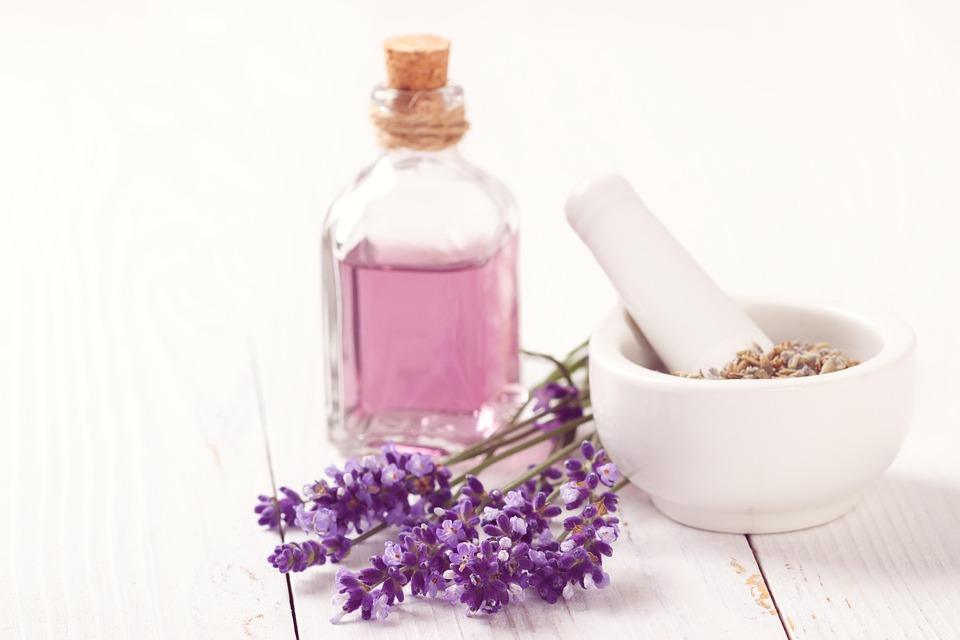Herbal remedies for everyday wellness are nature’s gift to our busy lives. In a world often filled with stress and uncertainty, these remedies offer a simple yet powerful way to enhance your overall well-being. Imagine harnessing the healing powers of plants—how amazing is that?
Herbal remedies have been used for centuries across cultures, and their significance continues to grow. Whether you’re looking for relief from minor ailments, a boost in your mood, or simply a way to nourish your body, herbal options can play a vital role. So, let’s dive into seven herbal remedies that you absolutely need to try. Your body will thank you!
Contents
1. Chamomile: Your Calming Companion
Chamomile tea is more than just a comforting evening ritual. This lovely herb is known for its calming properties, making it a perfect ally for those days when stress feels overwhelming.
- Benefits: Chamomile can help reduce anxiety, promote better sleep, and soothe digestive issues.
- How to Use: Brew a cup of chamomile tea before bed. You can even add a touch of honey for a sweet finish.
Research suggests that chamomile can significantly improve sleep quality and reduce symptoms of anxiety. You can explore more about this in the studies published by the National Center for Complementary and Integrative Health here.
2. Peppermint: The Refreshing Revitalizer
Feeling sluggish? Peppermint is your go-to herb for an energizing lift. Its refreshing aroma alone can wake up your senses and invigorate your spirit.
- Benefits: It aids digestion, relieves headaches, and boosts energy levels.
- How to Use: Brew peppermint tea or simply inhale the aroma from fresh leaves. You can also dab a drop of peppermint essential oil on your temples for quick relief from tension.
The University of Maryland Medical Center discusses the various uses of peppermint, highlighting its effectiveness in digestive health here.
3. Turmeric: The Golden Healer
Turmeric isn’t just a spice; it’s a powerhouse of wellness. Its vibrant yellow hue is a sign of its incredible health benefits.
- Benefits: Turmeric has anti-inflammatory properties, supports joint health, and may even boost your mood.
- How to Use: Add turmeric to your meals, smoothies, or enjoy it in a warm golden milk drink.
Curcumin, the active compound in turmeric, has been shown to reduce inflammation and may even improve brain function. Check out more on this topic at the Arthritis Foundation here.
4. Ginger: The Digestive Dynamo
Ginger is your trusty companion when it comes to digestive health. This spicy root is more than just a flavor enhancer; it’s packed with health benefits.
- Benefits: Ginger can help relieve nausea, ease digestive discomfort, and reduce inflammation.
- How to Use: Sip ginger tea, add fresh ginger to stir-fries, or chew on candied ginger for a quick pick-me-up.
The benefits of ginger for digestive health are widely recognized. For more insights, the Mayo Clinic provides excellent resources here.
5. Lavender: The Stress Slayer
If you’re seeking serenity, look no further than lavender. This fragrant herb is often associated with relaxation and tranquility.
- Benefits: Lavender can reduce anxiety, improve mood, and promote better sleep.
- How to Use: Use lavender essential oil in a diffuser, add dried lavender to your bath, or drink lavender tea.
A study published in the Journal of Alternative and Complementary Medicine highlights lavender’s calming effects on anxiety and sleep quality. You can read more about it here.
6. Ashwagandha: The Stress-Reliever
This adaptogenic herb has been gaining popularity for its ability to help the body manage stress. Ashwagandha has been used in Ayurvedic medicine for centuries.
- Benefits: It helps reduce cortisol levels, improves energy, and supports mental clarity.
- How to Use: Take it in capsule form, or mix ashwagandha powder into smoothies or warm milk.
Research supports ashwagandha’s effectiveness in reducing stress and anxiety levels. For deep dives into this herb, consult the National Institutes of Health here.
7. Echinacea: Your Immune Booster
Echinacea is a beautiful flower with a powerful purpose. It’s your best friend when it comes to boosting your immune system.
- Benefits: Echinacea helps ward off colds, reduces inflammation, and supports overall immune health.
- How to Use: Take echinacea in tea form, capsules, or tinctures.
Studies have shown that echinacea can reduce the duration and severity of colds. For more information, visit the National Center for Complementary and Integrative Health here.
Bottom Line
Incorporating herbal remedies for everyday wellness into your routine is an empowering choice. Each of these herbs offers unique benefits, allowing you to tailor your self-care to your needs. Remember, nature has provided us with a plethora of options to enhance our well-being, so why not take advantage?
Start by experimenting with one or two remedies that resonate with you. Your body deserves this love and attention. Embrace these herbs, listen to your body, and enjoy the journey to wellness!
FAQ
Q: Are herbal remedies safe for everyone?
A: While many herbal remedies are safe, it’s essential to consult with a healthcare provider, especially if you’re pregnant, nursing, or on medications.
Q: How long does it take to see results from herbal remedies?
A: Results can vary. Some may feel effects almost immediately, while others may take weeks or months to notice changes.
Q: Can I combine different herbal remedies?
A: Yes, many herbs can complement each other. However, it’s wise to research their interactions or consult a professional.
Take a step towards wellness today. Your journey starts with a single herb!








